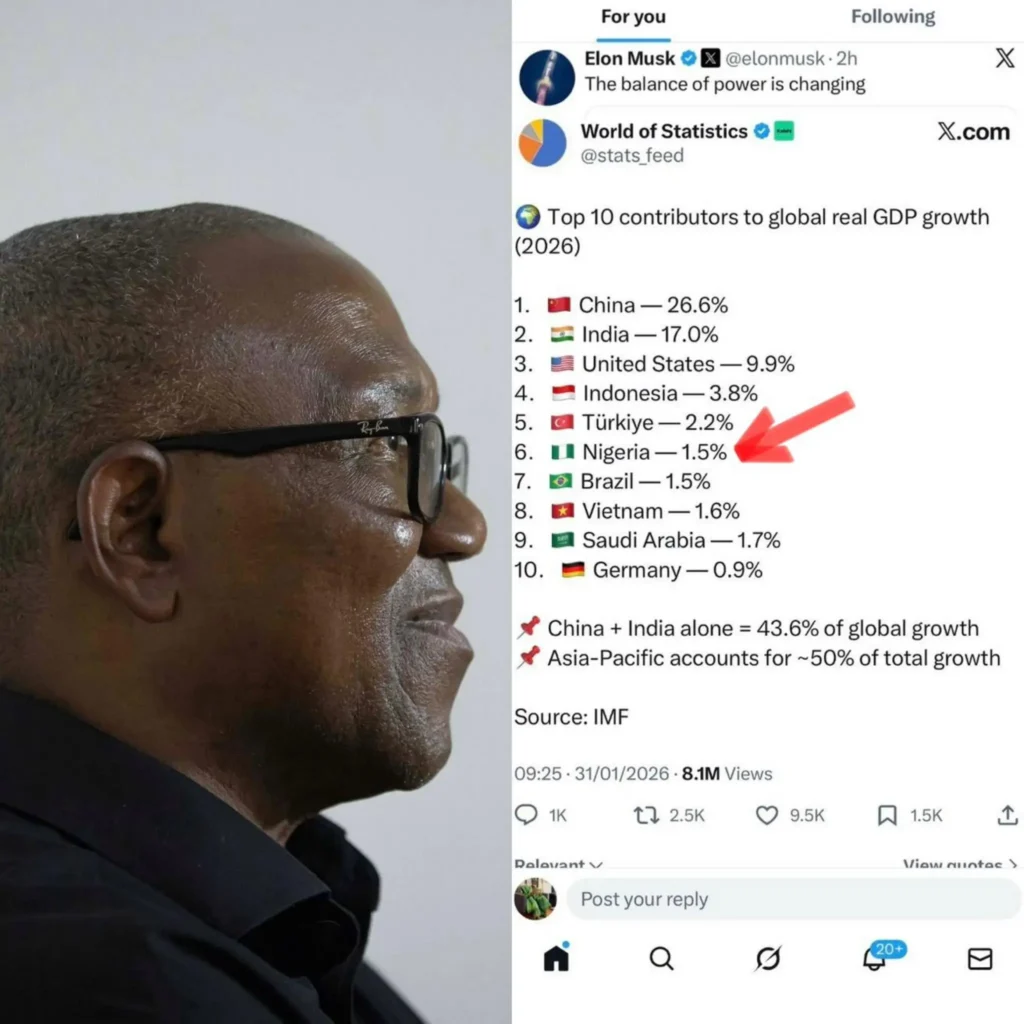FG Moves to Rescue Road Projects as NNPCL Halts Tax Credit Funding

Nigeria’s Minister of Works, Dave Umahi, has confirmed that the Nigerian National Petroleum Company Limited (NNPCL) has withdrawn from funding road construction and rehabilitation projects previously handled under its tax credit scheme, a development that leaves the Federal Government with a huge financial gap to fill.
Speaking in Abuja, Umahi revealed that the state-owned oil company stopped releasing funds for the projects effective August 1, 2025. The withdrawal, he explained, has placed pressure on the government to source alternative financing for several strategic roads across the country.
The minister noted that the Federal Government would now require about ₦3 trillion to complete the affected projects. Among them are some of the nation’s busiest corridors, including the Lagos–Ota–Abeokuta road, Benin–Warri highway, Kabba–Ekiti road, Lokoja–Benin road, Kano–Maiduguri expressway, and other federal routes critical to trade and regional integration.
Umahi explained that President Bola Tinubu had directed his ministry to urgently explore new funding options, particularly the public–private partnership (PPP) model, to prevent abandonment of the projects.
According to him, a list of ongoing projects will be presented to the President to determine which ones are suitable for private sector participation. “The era of leaving projects unattended is over. Mr. President has made it clear that no project should be abandoned.
We are looking at credible contractors with strong financial and technical capacity to take over some of these projects through PPP arrangements,” Umahi said. To cushion the impact of NNPCL’s exit, Umahi disclosed that President Tinubu had approved a new sustainable funding mechanism that took effect from the same date the oil company stopped financing.
He added that contractors had been directed to return to site while the government finalises reconciliation of project data and outstanding payments. “The government will meet its obligations,” the minister assured. “All unpaid certificates, VAT claims, and retention fees will be addressed so that contractors can continue work without disruptions.”
The NNPCL tax credit scheme, which began during the Buhari administration, had been widely praised for fast-tracking the rehabilitation of key roads by allowing the company to offset its tax liabilities in exchange for direct funding of projects.
However, its suspension has reignited debate on the sustainability of relying on a single corporate entity for national infrastructure financing.
Experts argue that while PPPs could provide a long-term solution, Nigeria must address issues of investor confidence, contract enforcement, and transparency to attract credible private partners. They warn that without strong oversight, delays and cost overruns could persist.
Despite these challenges, the government has maintained that ongoing road works will not be abandoned, stressing that the new funding strategy is designed to ensure continuity and completion of projects critical to Nigeria’s economic growth.








